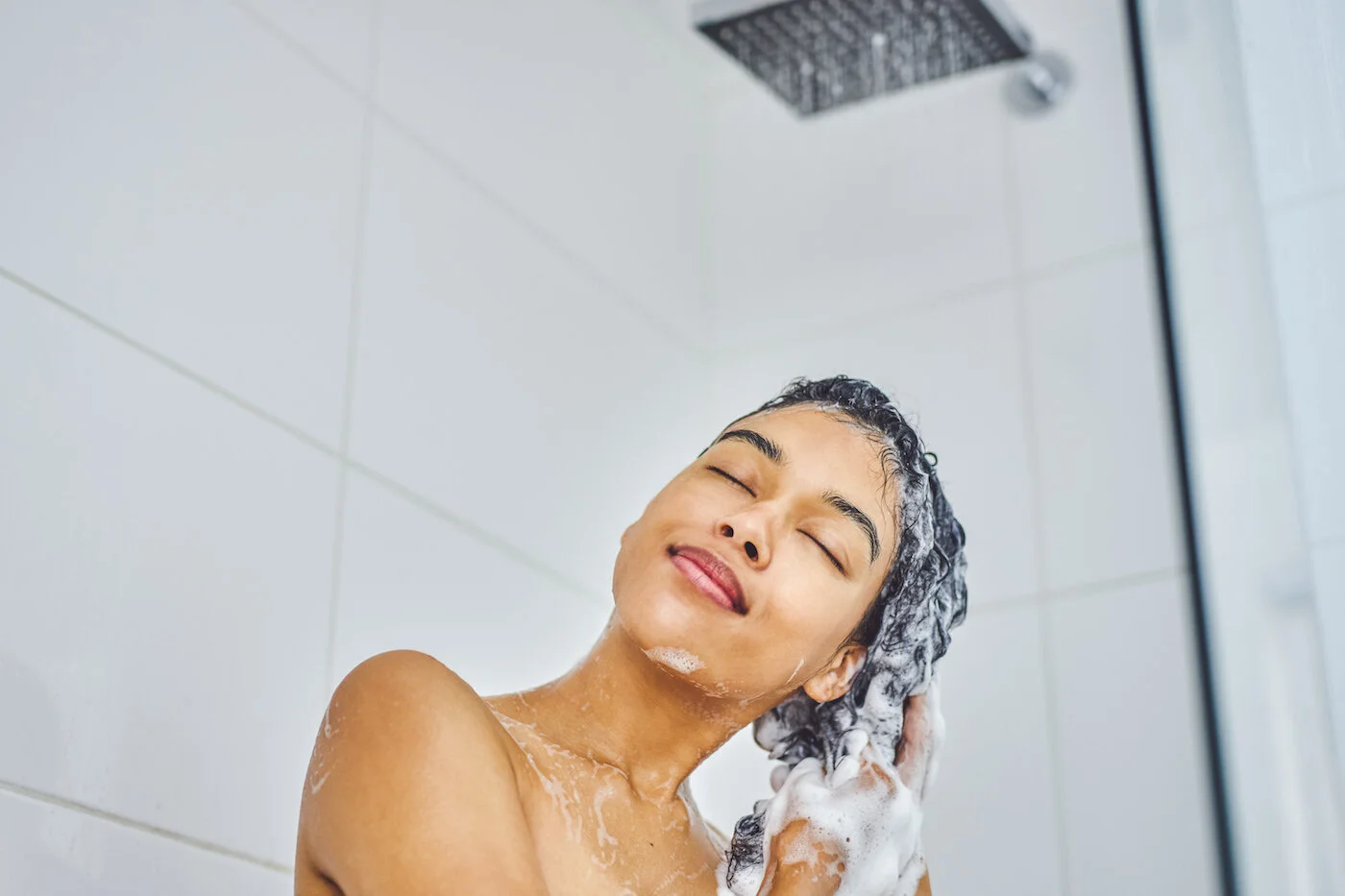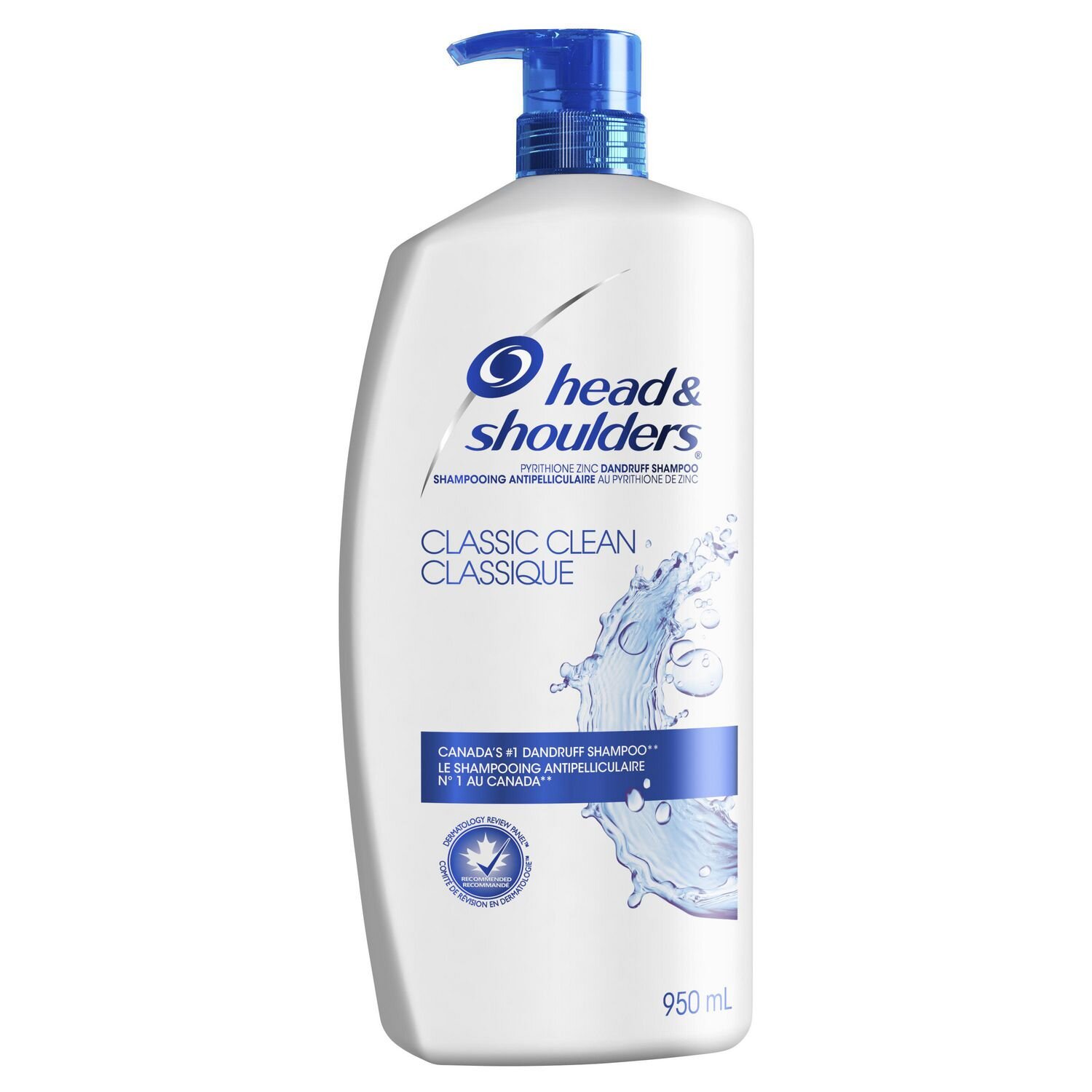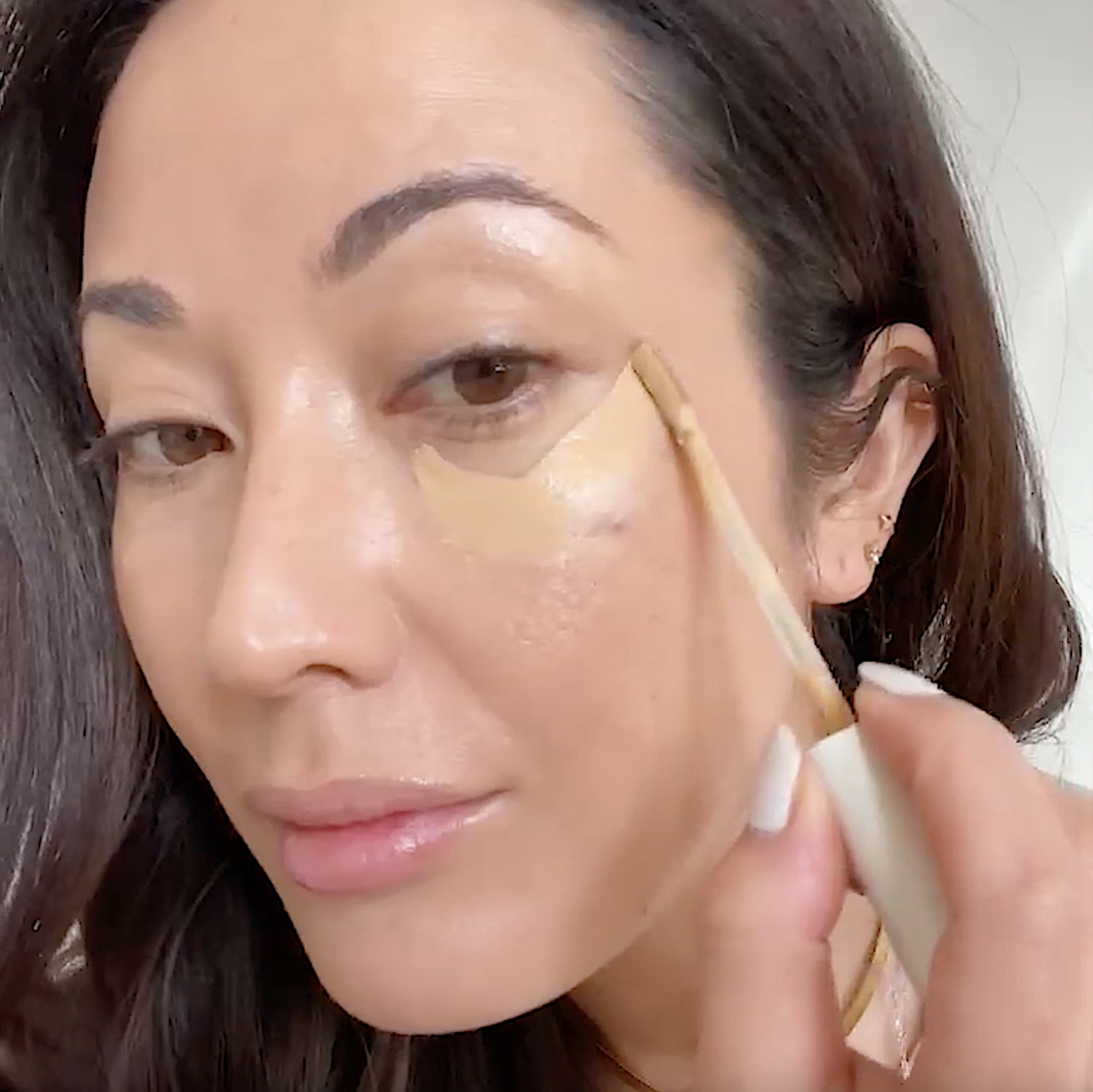How Often should you exfoliate your scalp? Experts Explain
It’s safe to say scalp care is big news in the beauty world right now – there are so many popular skincare and haircare brands that very recently came out with scalp-specific products. A healthy scalp is the foundation for healthy hair, so it’s important to give your scalp some TLC in your hair care routines. That’s why we turned to the pros, board-certified dermatologist Dr. Kim Nichols and UK-based Trichologist Kate Holden, to find out what causes an unhealthy scalp and what can be done about it.
HOW DOES SCALP HEALTH IMPACT HAIR HEALTH?
“The scalp is, quite literally, the root of your hair, and maintaining a healthy scalp is crucial to hair health overall,” says Dr. Nichols. Short-term, poor scalp health can lead to build-up, flaking, and irritation that can make us feel self-conscious about our hair.
“Often my patients who are suffering from scalp issues also struggle with rough, dull hair and hair breakage,” says Nichols. Overtime, poor scalp health can lead to hair thinning, hair loss, or folliculitis, a condition where the hair follicles become inflamed or infected causing painful red pimples and intense itching on the scalp.
WHAT IS THE DIFFERENCE BETWEEN BUILDUP AND DANDRUFF?
“Scalp buildup typically results from an accumulation of both natural substances (dead skin cells, sweat, or oily sebum) and products on the scalp. This can be treated by regularly exfoliating the scalp, brushing hair, and washing your hair regularly,” says Nichols.
If you’re regularly washing your hair and still noticing scalp build-up, Nichols recommends switching up your shampoo and conditioner to something that works better for your scalp. If your scalp is oily and tends to get a lot of buildup, look for clarifying shampoos with anionic surfactants, for example, sodium lauryl sulfate. These types of shampoos can be very drying, so if your scalp tends to be more dry look for moisturizing ingredients, like glycerin, that will keep hair hydrated while you treat.
“Dandruff is an inflammatory skin disorder caused by our immune system reacting to a type of yeast that lives on our scalp,” says Holden. It can range in severity from light dandruff to a red, scaly, itchy rash and should be treated with a medicated anti-dandruff shampoo.
How Often should you be exfoliating your scalp?
“When experts talk about scalp exfoliation, we typically mean using products that contain ingredients with exfoliating properties and gently massaging the scalp with our fingertips rather than physically buffing the scalp with an abrasive product or brush – like we might do with the skin on our face or legs,” says Holden.
Holden suggests using a scalp exfoliating product every week or every two weeks. That said, make sure to be gentle because scrubbing too hard can lead to hair breakage, knotting, and irritation.
PRODUCT RECOMmENDATIONS
Head and Shoulders classic anti-dandruff Shampoo ($4)
Holden is a big fan of the Classic Head and Shoulders Anti-Dandruff Shampoo ($4) because it’s super affordable and effective at clarifying and exfoliating the scalp. It contains piroctone olamine which targets the yeast on the scalp, as well as sodium salicylate which is a form of salicylic acid that helps to remove the outer layers of the skin.
Toppik Hair Care Line
Dr. Nichols recommends the Toppik brand for general hair care. Toppik uses naturally derived keratin, the same type of protein found in hair, so it is a great option for those who are dealing with hair loss or thinning. One of their most popular products is the Hair Building Fibers ($23) which instantly fills thinning areas and undetectably conceals hair loss. The brand also has a Hair Building Shampoo and Conditioner ($33) that uses keratin protein to strengthen and repair thinning or damaged hair and nourish the scalp.
Do you have a scalp care routine? Comment below!










